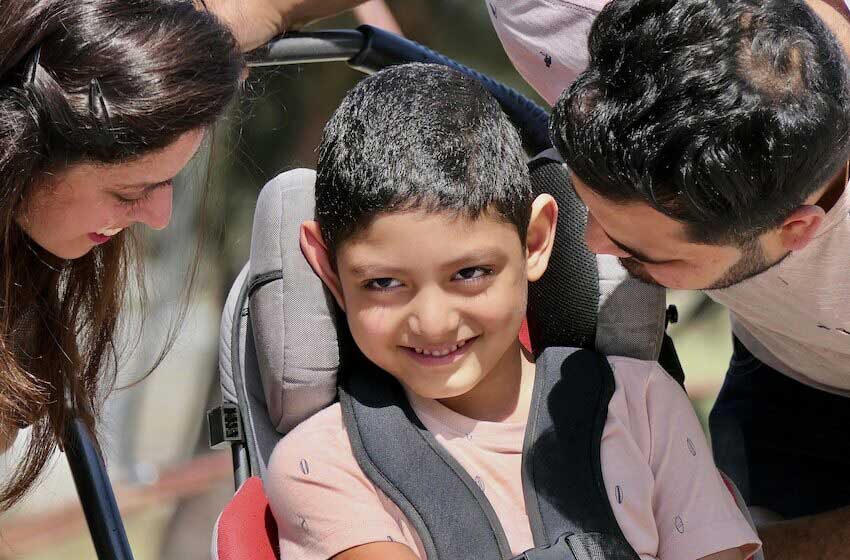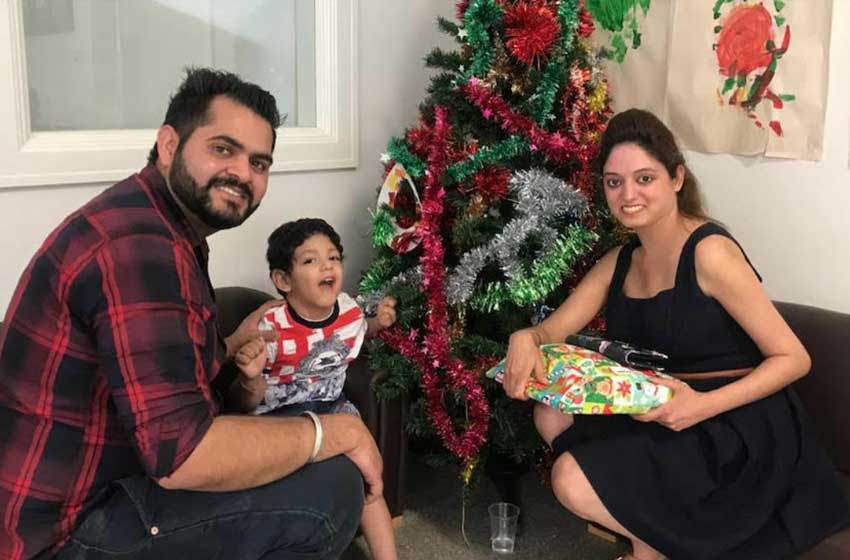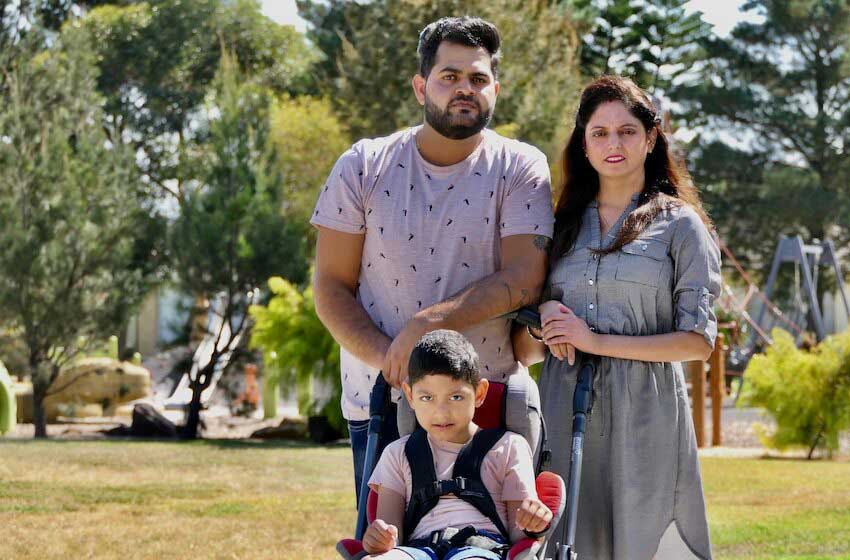Children with a disability facing deportation due to “The Migration Act”

Over the past few years, some people have been fighting a legal battle due to the migration act, which dictates the deportation of non-residential families if their children have disabilities. Additionally, people have protested against the act as they found it discriminatory and unjustified.
For instance, Kayaan Katyal, a six-year-old, was born with cerebral palsy, and if it had not been for his disability, he would have been an Australian citizen by now. His father, Varun Katyal, was 19 years old when he came to the country from India 12 years ago to study European cookery.
After gaining much training, he began working as a chef in a restaurant and when Priyanka Katyal moved eight years ago after they got married. The couple dutifully paid taxes, passed criminal checks and complied with everything according to the Department of Home Affairs requirements.
They were in the process of receiving their permanent residency and had a dream of opening a restaurant. But when their son Kayaan was born prematurely at 32 weeks with a disability, the process automatically failed.
Varun expressed his helplessness by saying they did everything as per the law, but the only thing that went wrong was not in their hands. Consequently, the Katyal family is concerned about the outcome. If they are deported, their son will undergo loss in terms of the progress that he has made so far, As Kayan has just started prep school at a local specialist school in Western Melbourne and has been progressing with his speech and mobility. However, if the family goes back to India, they are unsure about their future, as Varun is uncertain if he will find work.
The consequence of the deportation
According to the Migration Act, people with children with physical disabilities are not eligible for permanent residency. Moreover, specific data indicating the number of children directed to leave the country because of their condition is unavailable. However, advocacy groups reported that they come across about a dozen cases each year.

Rarely do the families get a chance to stay in the country after going through a legal discourse and bringing attention to their situation. But for the most part, their struggle goes unnoticed by everyday Australians as the families do not get proper exposure to express their concerns to the public.
Apart from suffering from anxiety and stress, the families severely worry about their children’s outcomes. Furthermore, Kayaan’s doctor, Barry Rawicki from the Monash Children’s Hospital, pointed out the medical system in India. Since being the head of the Victorian Paediatric Rehabilitation Service has worked there multiple times in his career, he has a first-hand experience with the system.
He emphasised that if the Katyal family spent a considerable amount of money on their son’s treatment in India, then their son would get the best facility. However, since the family have financial constraints, Australia is a better option for them as it provides medical and allied health treatment. Therefore, Mr Rawicki, Kaayan’s doctor advocates for him to be able to stay in Australia and receive the treatment he needs.
The Department of Home Affairs clarifies that Kayaan’s disability is the only reason the family cannot stay.
In a rejection letter sent last month, it said it estimated Kayaan would cost taxpayers $1.23 million over ten years, which “would be likely to result in a high, undue cost to the Australian community in the areas of health care and/or community services
Support for the Katyals
Parents at the Kayan Katyal’s former playgroup, which caters to children with special needs, questioned the decision of deportation. For example, Laura Atwell, whose daughter Ivy has cerebral palsy, objected to the discrimination of people having to leave because of their children having a disability.
Meredith Briggs, the Malvern Special Needs Playgroup coordinator, expressed her disappointment. She said that the Katyals had been incredible and generous members of the community, and it was utterly heartbreaking after learning about their situation.
She also pointed out how Australia has been facing a skills shortage in hospitality and a pause in immigration due to the pandemic. Therefore, people like Varun Katyal, who has been trained in the country, can offer their services and continue working and contributing to the community.
Ms Biggs said that the Department’s refusal to accept their visa application based on a financial assessment of Kayan’s cost to society was heartless. Also, she pointed out that Kayaan could be a contributing member of the community and a taxpayer with the right support and assistance.
Varun and Priyanka Katyal feel that their son has been progressing and expects him to do something productive if he gets an opportunity. Both the parent can see potential in Kayaan. However, they also feel disheartened; after spending more than $40,000 on legal and immigration fees and being unable to make long-term plans in Australia or access the NDIS, they are at their wit’s end.

Varun said that he came to Australia as it was a land of opportunities, and the country’s culture promoted an equal treatment of all people. Also, he was hopeful for a better future while having financial and healthcare security, but that is no longer evident due to its unjust laws toward migrants.
On the other hand, Jan Gothard, the co-founder of the advocacy group Welcoming Disability, has campaigned for changes to laws in this area for more than 20 years.
Despite a federal parliamentary Joint Standing Committee report in 2010 recommending the government make it easier for people with disabilities to be granted visas, she said little has changed. Simultaneously, the law has drawn criticism internationally, and in 2019, the UN called on Australia to make its immigration rules more equitable.
In response to the criticism, a spokesperson from the Department of Home Affairs said not all people with disability were rejected for permanent residency. The Department assessed individuals based on the cost to the community and whether it would prejudice the access of Australian citizens and permanent residents to services in short supply.
If you know someone in a similar situation and would like to share your story, please submit it to us





